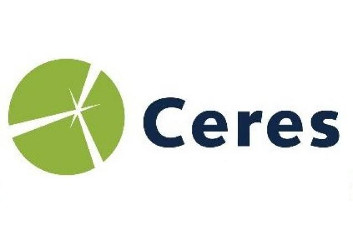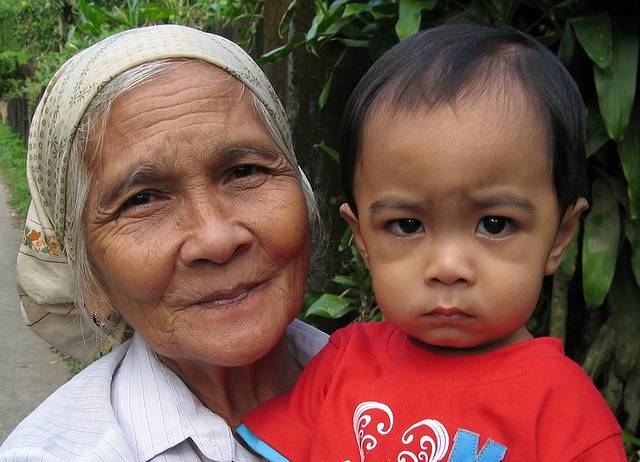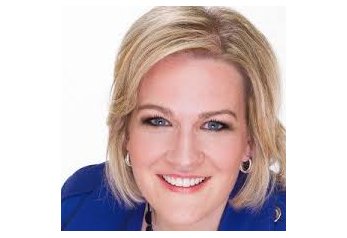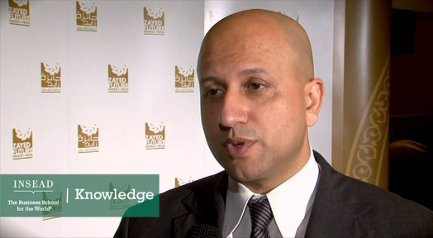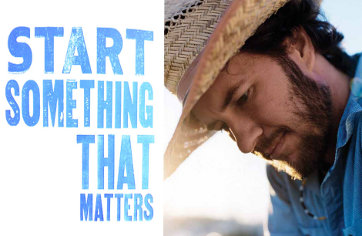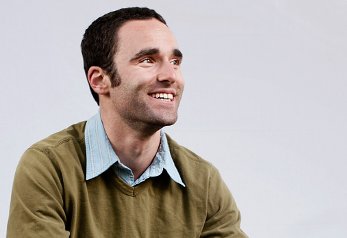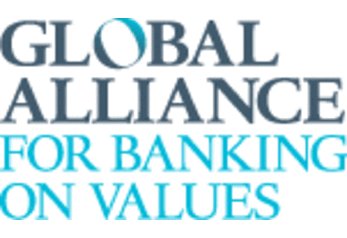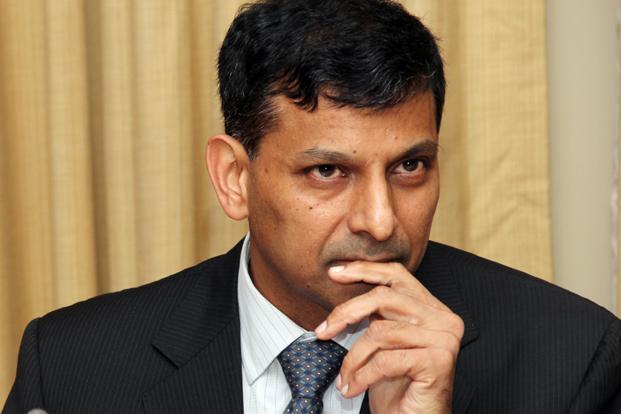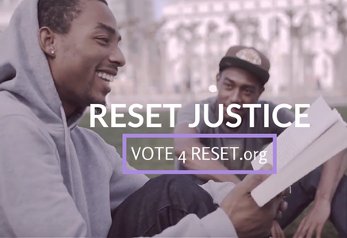KOMAZA serves dryland subsistence farmers, the poorest population on Earth, with the lowest incomes, highest birth rates, and highest child mortality. The intervention: planting trees. By growing indigenous melia and hybrid eucalyptus, these farmers can reap income selling valuable timber for furniture and construction. KOMAZA provides most of the financing but requires farmers to contribute $2. KOMAZA was founded in 2006 by Tevis Howard, who currently serves as Executive Director. Recognizing the unique social and environmental challenges faced by those living in semi-arid, drought prone regions, Howard decided to focus on the hardest-to-serve families living in remote regions of Coastal Kenya, where rainfall is extremely low, soil is exceedingly infertile and few other organizations are on-the-ground. As an undergraduate student, Tevis’ academic pursuits frequently brought him to Kenya, where he conducted malaria immunology research at the KEMRI-Wellcome Trust Research Labs. As he spent more time in East Africa, he acquired a deep understanding of the social and economic problems facing this extremely impoverished part of the world. Upon realizing the remarkable potential and entrepreneurial spirit of the community, he launched KOMAZA to create income-generating opportunities for smallholder farmers living in Kenya’s infertile and drought-prone regions. He has since dedicated his efforts to growing and strengthening the organization.
Related Articles
The trillions of collaboration
integrating sustainability into capital markets
how to create 10000 businesses in one country
coaching from female entrepreneurs
the achievements of Sameer Hajee
the buy-one-give-one-model
Daniel Epstein and the Unreasonable Institute
Please consider changing your bank
what is "Banking on Values"?
Job description: saving India's economy
a portrait of R.R.
Trust them and just give directly
the methods of a cash transfer platform
address american poverty via the justice system
![]()
STAY IN TOUCH
SUBSCRIBE TO OUR NEWSLETTER
AND RECEIVE OUR LATEST STORIES

